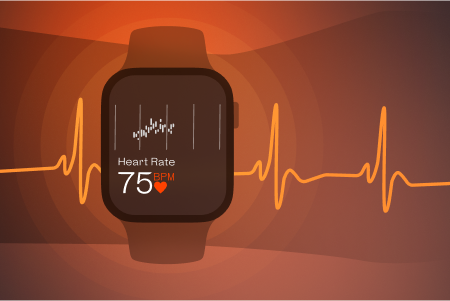
Measuring Resting Heart Rate
From manual pulse counts to the latest in app technology, dive into the transformative journey of heart rate monitoring
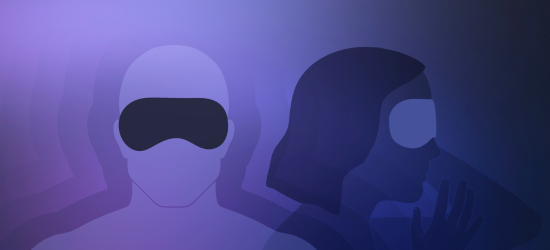
Sleep is as essential to your survival as food and water, and how long you spend in various stages of the sleep cycle is also important for your wellbeing. Read on to learn about rapid eye movement sleep (REM), why you may not be getting enough, and how to increase REM sleep with small, doable changes.
When you’re sleeping, you’re cycling through four stages of light and deep sleep. REM is the final stage in a sleep cycle that you first enter about 90 minutes after hitting the hay. Unlike during other sleep stages, your brain is incredibly active during REM, showing signs of activity similar to what you experience when you’re awake.
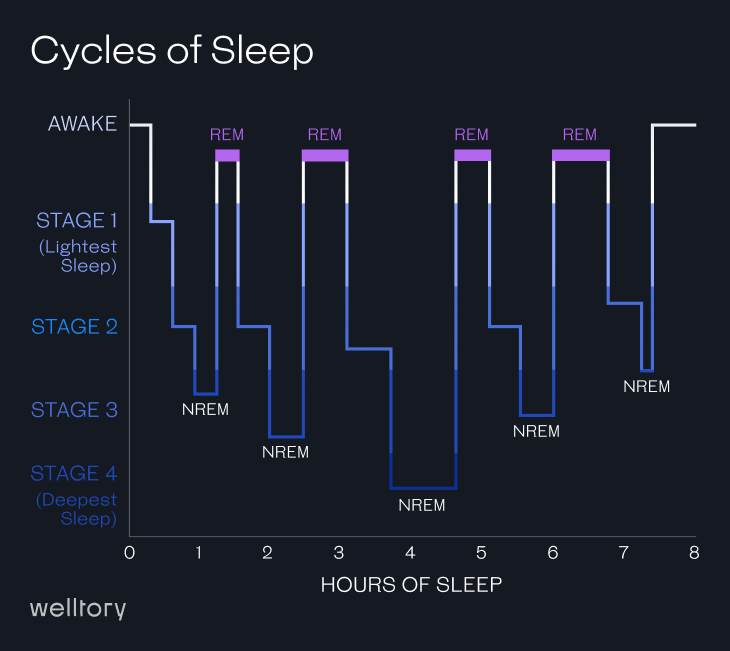
During REM, the areas of your brain responsible for learning and memory are stimulated. This is also the stage of sleep when you’re likeliest to dream. One theory is that the sometimes disjointed and downright bizarre dreams we experience during REM are actually part of the brain’s process of consolidating memories and sifting through new information it’s received. It’s also theorized that our REM dreams help us process emotions.
In addition to hyperactivity in the brain, there are also changes to your physical state during REM that don’t happen during other sleep stages. Your eyes dart back and forth behind your eyelids. Your heart rate and blood pressure increase, and your breathing becomes irregular. Since your state is similar to wakefulness, your body goes into a kind of paralysis during this period to keep you from acting out your dreams.
We spend about 25% of our sleeping time in REM, which adds up to approximately 2 hours. Since REM is just one of four stages that we cycle through during the night, it’s better to focus on getting enough sleep, in general, to ensure you’re also getting enough time in all stages.
During your first increment of REM sleep, you’ll experience about 10 minutes of REM. As you continue to cycle through the sleep stages during the night, the length of time you spend in REM sleep increases. If you’re getting the recommended 7 to 9 hours of sleep, your last REM period may last around an hour. If you’re regularly not getting the hours you need, you’ll miss out on a significant part of REM sleep.
Get Welltory
for better sleep
Get Welltory
for better sleep
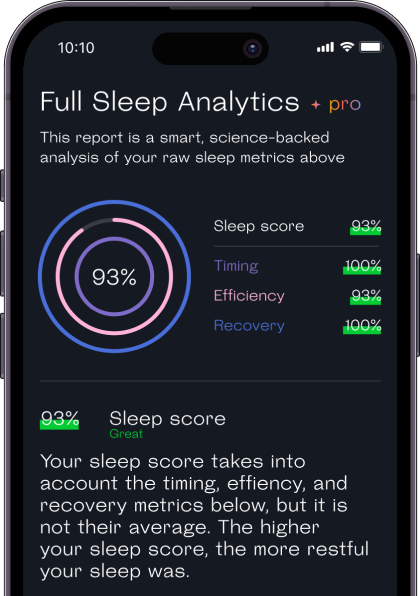
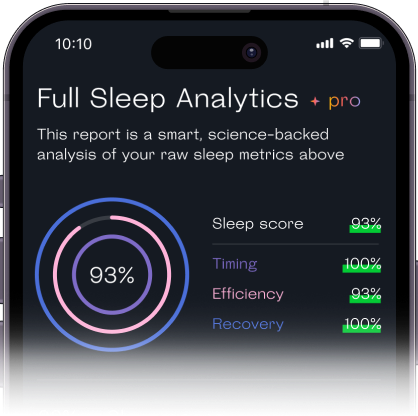

Apart from not getting enough shut-eye generally, several other factors can contribute to a lack of REM sleep. Caffeine and alcohol are two common culprits. If you’re taking opioids for pain management, that could also lead to a loss of REM sleep. Some antidepressants may interfere with REM sleep as well. Sleep disorders like sleep apnea and narcolepsy can also contribute to you not getting enough REM sleep.
Talk to your doctor if you think medication or a sleep disorder may be responsible for your disordered sleep. Otherwise, your environment and habits are probably affecting your ability to get enough REM sleep. Take a look at the following recommendations and see if any of them sound like changes you can incorporate into your routine.
Going to bed and waking up roughly the same time every night is one way to ensure you get the best sleep and enough REM. Research has shown that an irregular sleep schedule can lead to various issues that impact your physical and mental health, including diabetes, heart failure, and depression.
Welltory app uses your historical sleep data to estimate how much sleep you need, so you get recommendations tailored for you. Additionally, our sleep analysis tracks your sleep using different parameters to come up with an accurate sleep score that takes into account how well you’re sticking to your schedule.
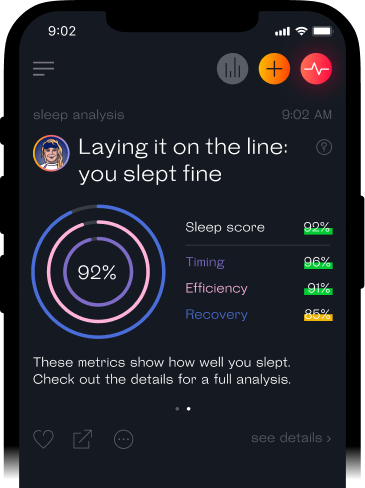
Air out your bedroom before sleep, and leave a window ajar to help you get to sleep faster. Get blackout curtains to block out street lamps and sunrise rays. A bedroom that’s too bright hinders melatonin production, which leads to disrupted sleep. Keeping your room cool will also help you fall asleep faster. Our body temperature naturally drops at night, and by keeping your bedroom cool, your body will get the message that it’s time for sleep.
Some research has shown that inhaling the scents of essential oils like lavender, bergamot, and cedarwood can calm your nervous system and make you sleepier. You can add a few drops to your diffuser if you use one, or sprinkle them on a piece of fabric and place it near your pillow. You can also inhale the scent through your hands. Place a couple of drops of oil into your palms, rub your hands together and cup them over your nose. A calm mind is likelier to have a restful night and get more REM sleep.
Depending on your preference, you can invest in a white noise machine or download a white noise app. White noise contains all sound frequencies, essentially blocking out other sounds, like airplanes and car horns. One study found that adding a white noise machine helped New Yorkers fall asleep faster and stay asleep longer.
If adding noise to your room sounds counterintuitive, you can try a pair of earplugs to block out sound and keep you asleep regardless of what’s happening outside your window. Try a pair made from flexible silicone that will mold to your ear’s shape for a comfortable fit.
Research has shown that magnesium plays an important part in sleep regulation, which can ultimately affect how much REM sleep you get. Nearly half of Americans aren’t meeting their daily recommended dose of the nutrient. Аdd more magnesium-rich foods to your plate, like pumpkin and chia seeds, as well as almonds and spinach. You can also add a magnesium supplement, though make sure to talk to your doctor first.
Caffeine messes with your sleep cycle and should be avoided in the second half of the day if you want to improve your sleep quality. Keep in mind that in addition to coffee, the list of caffeine-heavy drinks also includes black and green teas, and sodas.
Having a few drinks before bed disrupts your sleep cycle overall, and REM sleep in particular, according to some research. It takes the body one hour to process a standard drink, so plan your evenings accordingly.
Once you incorporate any of the above changes into your life, you can track how these behavioral shifts affect your sleep quality. This will make it easy to see what‘s working and what may still need to be tweaked.
When you track your sleep with Welltory, you’ll also see connections between how you’re sleeping and how you’re doing in other areas of your life, like your productivity and workouts.
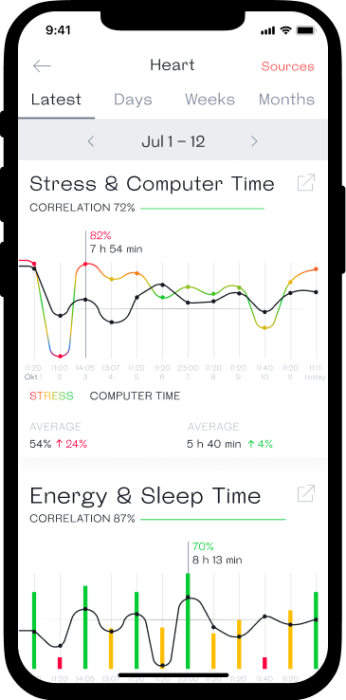
In addition to tracking your sleep and finding useful correlations, Welltory will provide you with more science-backed tips to help you sleep better and ultimately get more time in the REM zone.
Welltory Team, 22 Sept. 2022

From manual pulse counts to the latest in app technology, dive into the transformative journey of heart rate monitoring
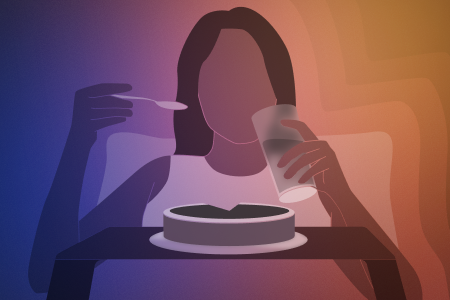
Discover the intricate relationship between late-night eating and its impact on sleep duration and quality
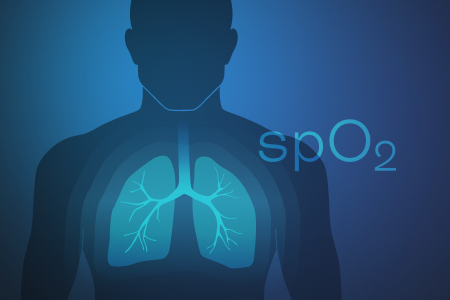
From boosting cognitive function to enhancing physical performance, discover the impact of blood oxygen levels on various aspects of health

The relationship between stress and productivity and how Welltory can help you plan better
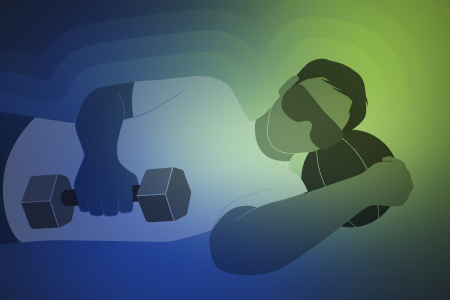
Does sleeping burn any calories, should you exercise right before bed and how much do you need to sleep to burn a 1000 Cal
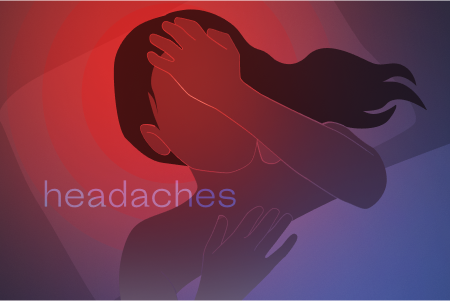
All you needed to know about headaches at night – types of nighttime headaches, their causes, possible treatment and how to avoid them.
 App Store
App Store
 Google Play
Google Play
 Huawei AppGallery
Huawei AppGallery
 Galaxy Store
Galaxy Store







